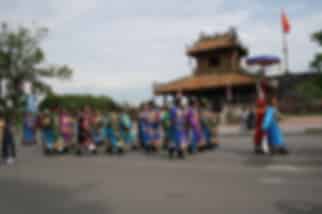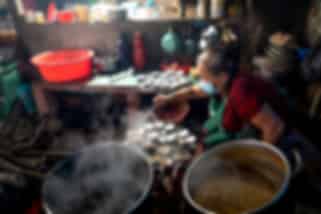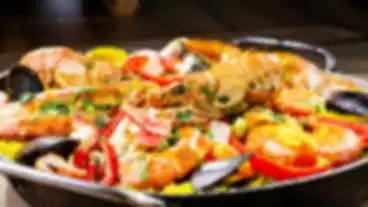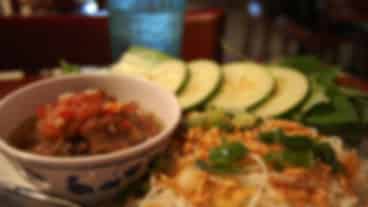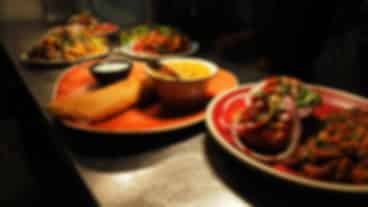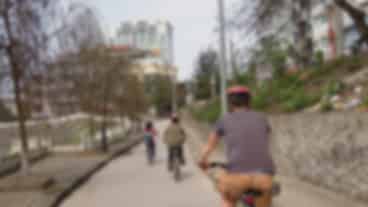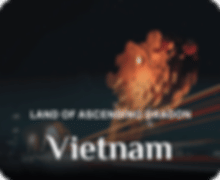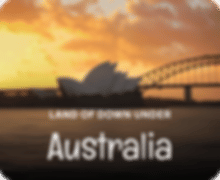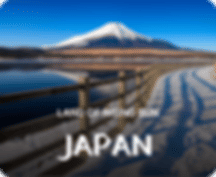Vietnamese Etiquette & Culture Guide for Indian Travellers
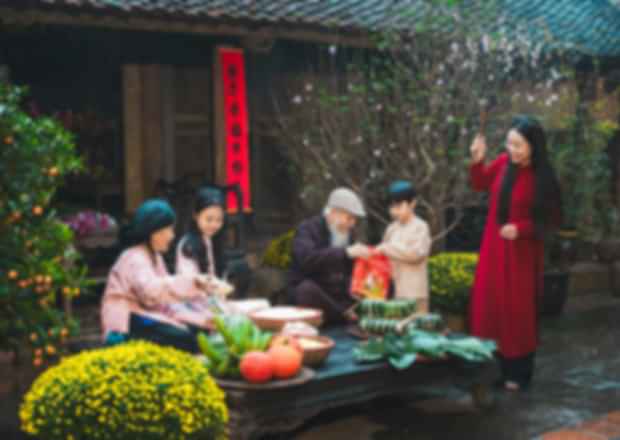
Planning a trip to Vietnam from India? Vietnamese culture emphasises social hierarchy, respect for elders, and public decorum, elements that differ subtly from Indian traditions. This comprehensive guide to Vietnamese customs, etiquette, and cultural norms will help Indian visitors navigate social interactions, dining customs, temple protocols, and daily encounters with confidence. Whether you’re bargaining in night markets, visiting sacred sites, or sharing meals with local families, understanding Vietnamese culture and etiquette for Indian tourists ensures respectful travel experiences and meaningful connections with locals. Master essential Vietnamese greetings, learn proper forms of address, and discover why small gestures matter profoundly in Vietnam’s social fabric.
Planning Your Vietnam Trip from India: Essential Preparations
Vietnam Visa Requirements for Indian Citizens
Indian travellers need a valid Vietnam visa before entering. Here are your options:
| Visa Type | Cost (VND) | Duration | Processing |
| E-Visa (online) | ~650,000 | 30 days | 7-10 days |
| Visa-on-Arrival | ~1,400,000 + fee | 30 days | Pre-approval: 7-10 days |
| Embassy Visa | Variable | 90 days | 5-7 days |
Pro Tip: Apply for your Vietnam visa 10+ days in advance and carry printed copies, two photos, and a passport valid for 6+ months; physical documents are required.
Important Vaccinations Before Travelling from India to Vietnam
- MMR (Measles, Mumps, Rubella)
- Tdap (Tetanus, Diphtheria, Pertussis)
- Hepatitis A
- Typhoid
Health & Safety Essentials to Pack for Indian Travellers
- DEET-based insect repellent
- Basic first aid supplies
- Comprehensive travel insurance with medical evacuation coverage
Money & Payments: Managing Finances in Vietnam

- Local currency: Vietnamese Dong (VND)
- Typical ATM withdrawal limit: 300,000–500,000 VND per transaction
- Withdrawal charges: 60,000–100,000 VND per transaction
- Card Usage in Vietnam – Visa, Mastercard, and Indian Cards
- Visa and Mastercard work at most major ATMs
- Indian debit/credit cards may not always work reliably, so keep a backup international card.
- Street food stalls and local markets are mostly cash-only
- Always carry small denomination VND notes for vendors and taxis
Vietnamese Culture & Public Behaviour Etiquette

Vietnamese public spaces maintain “quiet zones”, avoid loud arguments, raised voices, or physical displays of affection beyond quick greetings. Disagreement? Lower your voice. Keep friction out of public spaces. This differs from bustling Indian marketplaces; Vietnamese culture values observable calm even during busy hours.
Nonverbal Communication Rules Every Indian Traveller Should Know
- DO: Smile and maintain minimal eye contact during polite interactions. A smile serves as a social lubricant for awkward situations.
- DON’T: Touch anyone’s head (considered disrespectful). Keep feet pointed away from people and altars (feet symbolise low status). Point or gesture with chopsticks.
Vietnamese Dining Customs & Food Etiquette
- Dining rules: Wait for your host’s signal before eating. Watch what the eldest person does and follow suit. Communal dishes are standard, accept food with both hands, finish what’s on your plate, and never critique dishes (considered poor character).
- Chopsticks rules: NEVER plant chopsticks upright in rice (resembles funeral incense). Lay them flat on a holder. Don’t use chopsticks as pointers.
- Food safety guidelines: Stick to cooked foods with no raw edges. Choose bottled water when the tap water source is unclear. Street food is generally safe if freshly cooked and fried. Avoid raw vegetables and salads at street stalls. Hosts typically pay; among friends, offer to split bills.
Temple Etiquette & Sacred Sites in Vietnam

Vietnamese temples and pagodas demand respectful behaviour:
- Dress code: Knees and shoulders must be covered (non-negotiable)
- Shoes: Remove them always; observe if locals do without being asked
- Behaviour: Speak quietly, never touch sacred objects unless invited by monks
- Photography: Always ask permission first, never photograph people in worship
- Incense offerings: Safe territory for respectful participation
Bargaining, Tipping & Market Etiquette in Vietnam
When and Where to Bargain as an Indian Traveller
Bargaining is acceptable only in night markets, street stalls, and craft shops, NOT in malls, restaurants, or official shops.
Tipping Guidelines for Restaurants, Drivers & Tour Guides
- Restaurants: 5–10% if no service charge included (appreciated but not expected)
- Tour guides: Tip according to effort; generous tips for exceptional service
- Drivers/porters: Small, sincere tokens are acceptable
Getting Around Vietnam: Travel Etiquette & Safety Tips
- Motorbikes: Only rent if experienced. Never give your passport as collateral; use a driver’s license + deposit instead (2025 best practice). Photograph the vehicle before/after rental.
- Grab app (ride-hailing): Safer, traceable, often cheaper than taxis. Always verify the car/driver plate matches the app details.
- Walking: Cross streets steadily; traffic flows around predictably. Don’t bolt or freeze.
Vietnam Tour Package @ ₹ 36,199
Bottom Line: Respect, Observe, and Connect in Vietnam
Vietnamese etiquette & culture rewards quiet observation and respectful adaptation. Master essential Vietnamese greetings, understand forms of address, and recognise that social hierarchy flows through every interaction. Whether navigating Vietnamese dining customs, bargaining in night markets, or visiting sacred temples, success comes from paying attention to local behaviour and adjusting accordingly. Download offline Vietnamese translation apps, register with the Consulate General of India in Ho Chi Minh City, and book services through India-based operators offering 24/7 support. Vietnam welcomes curious travellers who approach its culture with humility and genuine respect. Plan your journey with Pickyourtrail’s Vietnam tour packages for a more insightful cultural engagement and authentic Vietnamese connections.
FAQs
Q: Is it safe to eat street food for Indian travellers with sensitive stomachs?
A: Yes, if you choose wisely. Fried street foods are generally safe; avoid raw vegetables and salads. Start with small portions to acclimate your stomach to local bacteria.
Q: What should I do if I accidentally offend someone?
A: Apologise immediately using “Xin lỗi” (sorry) with a sincere smile and slight bow. Vietnamese culture values graceful recovery from social mistakes.
Q: Can I haggle everywhere in Vietnam?
A: No. Bargaining works in night markets, street stalls, and craft shops. Don’t bargain in malls, restaurants, official shops, or tourist attractions.
Q: How much cash should I carry daily?
A: Carry 300,000–500,000 VND daily for street food, markets, and taxis. Keep small bills for vendors; they rarely have change for large denominations.
Q: What’s the biggest cultural mistake tourists make?
A: Using someone’s first name without proper titles, speaking loudly in public, or photographing without permission. Always prioritise hierarchy, quiet respect, and consent.
Recommended articles for you
Discover Packages


Need help in planning?
Talk to our Travel Experts


